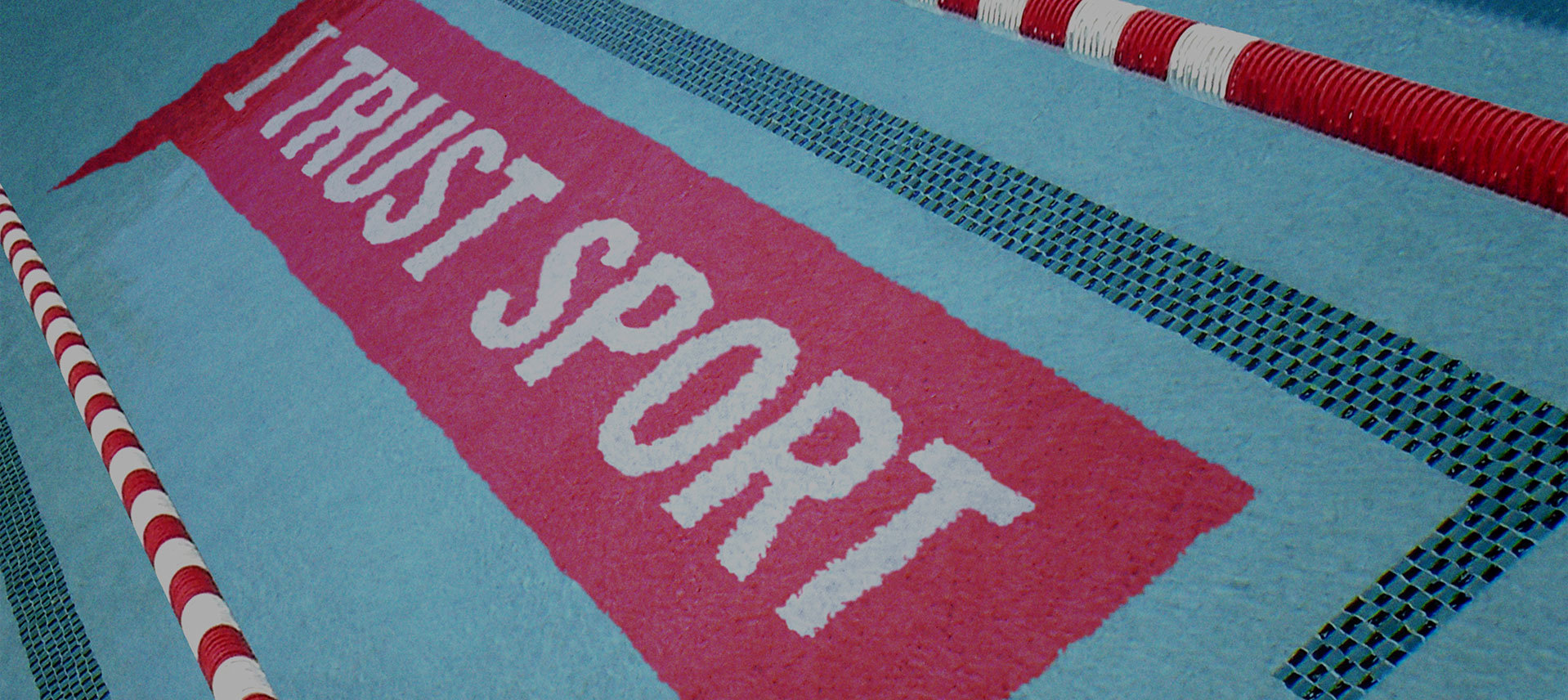The fact that a conference called the World Summit on Ethics in Sports with a sizeable audience took place on 19 September shows that interest in sports governance issues is growing. However, it also demonstrated that real leadership in the sector has yet to emerge.
Created by the World Forum for Ethics in Business, the event at FIFA headquarters in Zurich drew together an eclectic mix of speakers including representatives from FIFA, politicians, media and a number of NGOs and charities. While the discussions were detailed and interesting, I was left wondering who was best placed to act.
This was partly because a separate conference dealing with corruption in sport took place elsewhere in Switzerland over the previous two days organised by the Council of Europe, which involved Ministers of Sport, the IOC, European Union representatives and others. Only a handful of people attended both events.
The choice of venue for the Ethics in Sport summit attracted plenty of comments. While I can understand that some people were wary of accepting a free invitation, the willingness on the part of FIFA to host a debate featuring several of their high profile critics seems to me a positive move. (Declaration: I was a paying delegate.)
In fact, talk of FIFA dominated the conference. Ethics Committee chairs Michael Garcia and Hans-Joachim Eckert both spoke and were bombarded by media, as they must have known would be inevitable.
Garcia, whose now infamous report on the 2018/2022 bidding process is apparently accessible to only four people in the world, expressed his view that greater transparency in the charges, decisions and basis of decisions would help to strengthen FIFA’s public credibility.
Meanwhile Eckert said that the FIFA Ethics Code required a presumption of confidentiality and suggested that a final decision on the outcome of the investigation might not be public until the spring of 2015.
Among FIFA’s critics, Sylvia Schenk from Transparency International recognised that the organisation does valuable work but at the same time complained about the lack of acceptance of responsibility for repeated scandals over a period of years. She said that there was a tendency to regard banning officials as an adequate response, rather than addressing the culture of the organisation.
A few attendees offered their thoughts on the next steps towards better sports governance but there was no consensus about the organisation or individual who could take the lead.
Swiss politician Roland Büchel, who has often been vocal on management failings in international sport, talked about a culture of “vote-rigging, nepotism and corruption,” which had gradually led to democratic countries becoming reluctant to host some major events. He spoke of the need for somebody to take on a strong leadership role in the field of sports governance and also hinted at the limits to the autonomy of sport: an imminent change in Swiss money-laundering laws will result in the monitoring of bank accounts of senior officials and some employees.
David Larkin, Co-Director of Change FIFA, identified the Olympic Charter as a potential tool for enforcing better sports governance. This would imply a significant role for the IOC. It remains to be seen what governance-related measures will emerge from the ongoing Agenda 2020 programme.
British politician Michael Connarty MP voiced his frustration that major sponsors of sport were not taking more responsibility for holding the organisations they fund to account. Recent interventions by brands associated with the NFL have demonstrated that brands will comment or act when public opinion is sufficiently strong but the general impression is that most sponsors prefer to keep out of the discussion as far as possible.
As I argued in a recent piece, there is currently a flurry of activity in the broad area of sports governance, of which the World Summit on Ethics in Sport was a worthwhile component. What I hope will emerge over the next few months is a public face for the campaign together with a plan involving the different stakeholders.

